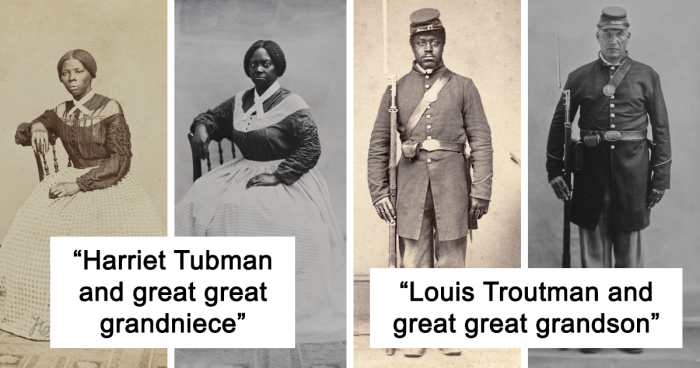
6 Side-By-Side Portraits Of Black Civil War Heroes And Their Direct Descendants
Interview With AuthorAvid Bored Panda readers might remember the name Drew Gardner. The award-winning British photographer, who has spent nearly two decades tracking down descendants of notable people and asking them to pose for recreated portraits of their famous ancestors, was already featured on our website.
But at a certain point, he noticed that a big part of his subjects were white men. In 2020, Smithsonian Magazine commissioned a U.S. installment of Gardner’s project, featuring descendants of Frederick Douglass and Elizabeth Cady Stanton, as well as a black descendant of Thomas Jefferson.
Since the white Englishman was aware of his own connection to the United States’ origins — his country abducted about three million Africans, chained and forcibly transported them across the Atlantic — he started wondering about the descendants of these enslaved people and how he could help bring their stories to light.
The starting point for Gardner’s famous shoots is usually, “Are they descended from people the public would know?” but this was the first time he has flipped the script.
The photographer and his researcher, Ottawa Goodman, found the descendants of the black American Civil War heroes and used his project to tell people, “These are the people you should really know about.”
More info: drewgardner.com | Instagram | Facebook
Photographer Drew Gardner and the descendants of the black American Civil War heroes have recreated their iconic 19th-century portraits
Image credits: Kristof Ramon
David Miles Moore Jnr, a drummer boy in the 54th Massachusetts Volunteer Infantry and Neikoye Flowers, the direct descendant of David Miles Moore
Image credits: Drew Gardner
David Miles Moore’s 1863 Army enlistment record lists him as a 5-foot 16-year-old. He stayed in the service until 1870.
The descendant of David Miles Moore whom Gardner photographed is Neikoye Flowers, an elementary school student in Atlanta.
Private Louis Troutman of the 108th USCT and Christopher W. Wilson, the direct descendant of Louis Troutman
Image credits: Drew Gardner
Louis Troutman was a member of the 108th Regiment of the United States Colored Infantry. The unit, formed in Kentucky, was composed mainly of formerly enslaved black men.
His descendant Christopher Wilson says the U.S. Army “very purposefully and strategically” put his ancestor’s unit in charge of guarding Confederate prisoners. “The visuals were really important,” he said.
Sergeant Major Lewis Douglass of the 54th Massachusetts USCT and Austin Morris, the direct descendant of Frederick Douglass (father of Lewis)
Image credits: Drew Gardner
Frederick Douglass’s son Lewis Douglass was a sergeant major. Lewis joined the military as part of a wave of black men who, according to his father, sought to prove that they were not the “craven cowards, without soul, without manhood, without the spirit of soldiers” that Confederates slandered them as.
Austin Morris, a college soccer player in Alabama, was always aware that he was descended from the great American writer and orator Frederick Douglass, but Drew Gardner’s project gave him a deeper sense of connection to Frederick’s son Lewis Douglass, one of the first African Americans to enlist in the American Civil War.
Harriet Tubman, who volunteered to help the Union Army gather intelligence behind Confederate enemy lines, and Deanne Stanford Walz, the great-niece of Harriet Tubman
Image credits: Drew Gardner
Famed liberator Harriet Tubman spied on the South during the American Civil War. On June 2, 1863, she led U.S. troops to a spot in South Carolina where they set fire to plantations, allowing hundreds of enslaved laborers to flee.
Tubman owned a few elegant wardrobe pieces, including a lace shawl from Queen Victoria that’s now in the Smithsonian’s collections.
To recreate this photo with descendant Deanna Walz, Drew Gardner enlisted the help of a Netflix costume designer.
Corporal Andrew Jackson Smith, who was awarded the Medal of Honor, and Kwesi Bowman, the direct descendant of Andrew Jackson Smith
Image credits: Drew Gardner
American Civil War hero Andrew Jackson Smith was awarded a posthumous Medal of Honor for risking his life to carry a fallen American flag during the 1864 Battle of Honey Hill.
“My granddad has the medal at his house,” Smith’s descendant Kwesi Bowman said. “I wish he was here, but he just had surgery, so he couldn’t make it. I’m doing this for him.”
Private Richard Oliver of the 20th USCT and Jared Miller, the direct descendant of Richard Oliver
Image credits: Drew Gardner
Richard Oliver, a 31-year-old black laborer from Upstate New York, volunteered the day after Christmas in 1863, leaving his wife and two children and traveling south with the 20th Colored Infantry.
Although Oliver survived the war, he died of malaria on the journey home and never saw his family again.
Jared Miller is not the first member of his family to dress up as his ancestor. His son once dressed as the American Civil War soldier for a Black History Month project. Miller is glad to have both of these photos “to pass on to my children and my grandchildren, for them to see what we did for the country.”
Gardner also shared footage from behind the scenes of his project
Image credits: Smithsonian Maga
Image credits: The Descendants
“Shooting in tintype was really like going back to my photographic roots, a purity and simplicity I had somewhat forgotten,” Drew Gardner told Bored Panda, comparing this particular rendition of The Descendants to the previous ones. “Keeping the subjects still for up to 40 sec while the exposure was made was a a real challenge!”
The project has also taught the photographer that history isn’t as inclusive as it could be. “Without a doubt there is not enough recognition of the part payed by black Americans in the Civil War. They made up approximately 10 percent of the Union Army and many went to great lengths to enlist.”
“I feel that there are many black Americans who are unaware of the full role that their forbears played in the making of America. In many ways it is understandable as it is often a painful history,” Gardner said.
Image credits: The Descendants
Image credits: The Descendants
Indeed, white Americans more often know if they’re related to anyone even slightly remarkable, while black families tend to know far less about their ancestors.
Discussing The Descendants with Smithsonian Magazine, Emmaline MacBeath, who is a genealogist at the collaborative genealogy website WikiTree, said there are far fewer user-generated family trees for African Americans than there are for white people.
“You have to be creative to find things using many different spellings, different birthdays,” she explained to the outlet. “And you have to study entire communities at a time. On slave schedules, there were just tick marks on a page—there were no names. So, how do we take this list of 200 ages, with no other information, and turn it into a list of actual people?”
“These are families who have always been told, ‘American history has nothing to do with you,'” Gardner added. “No one talks about the price their families paid, not only for their own freedom but for the future of America itself.”
Image credits: The Descendants

 Dark Mode
Dark Mode 

 No fees, cancel anytime
No fees, cancel anytime 







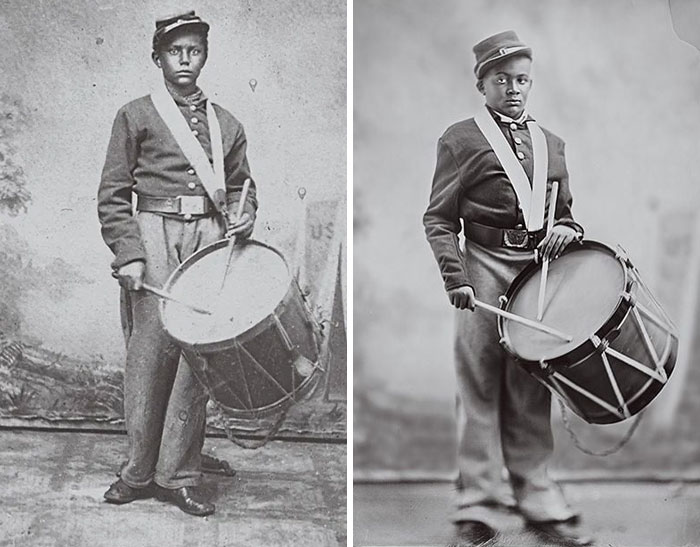
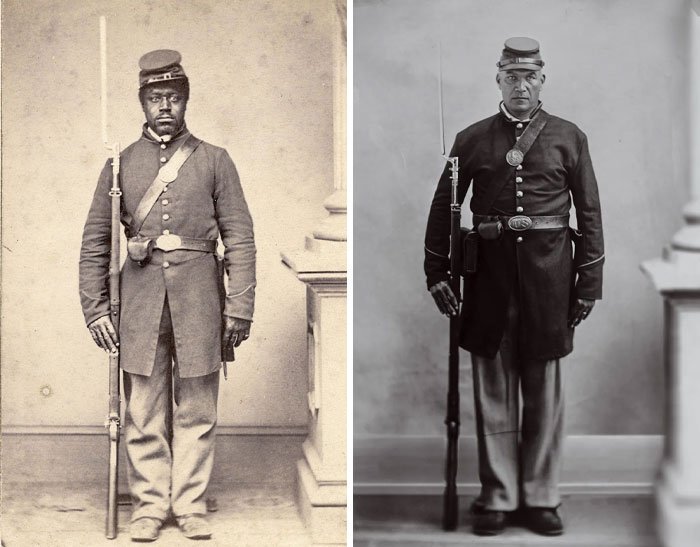
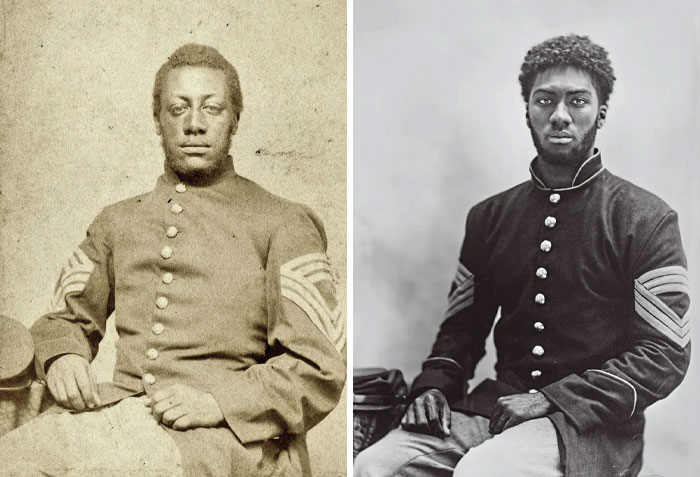
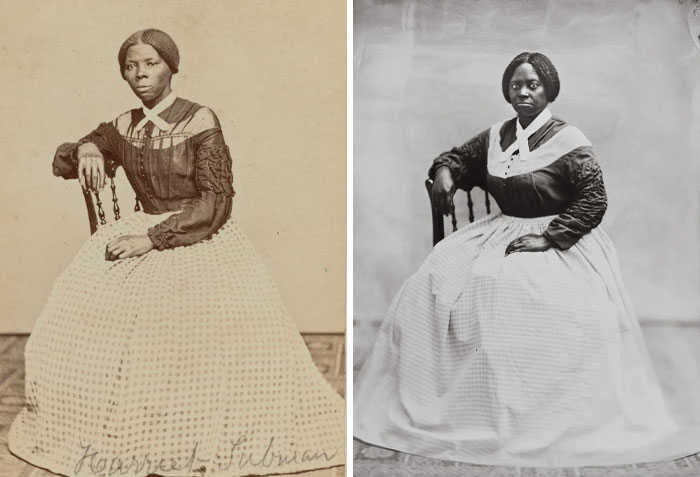
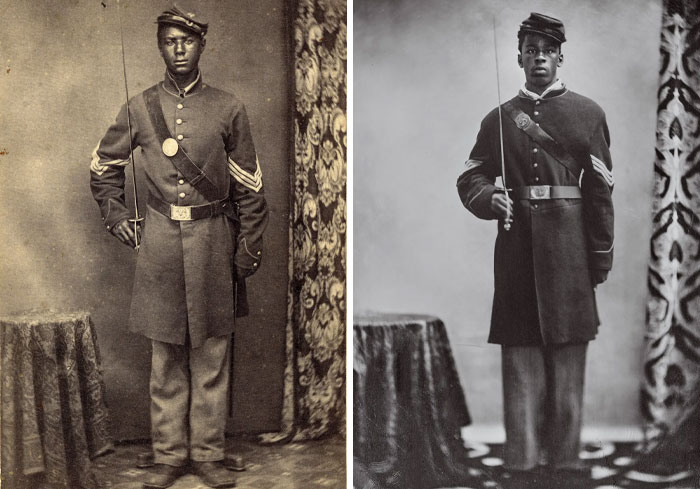
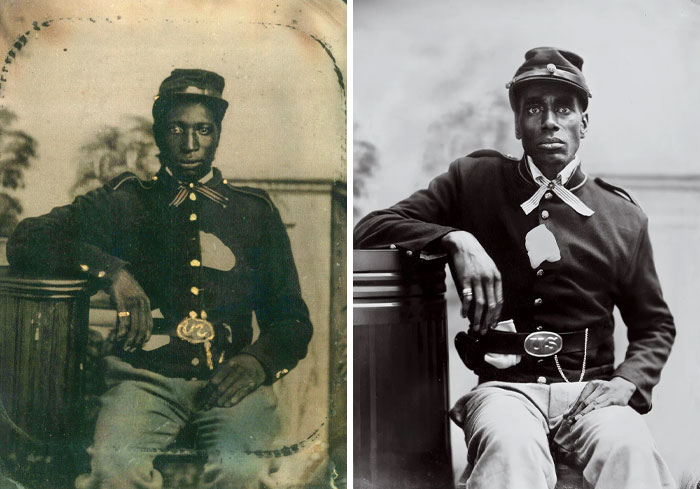
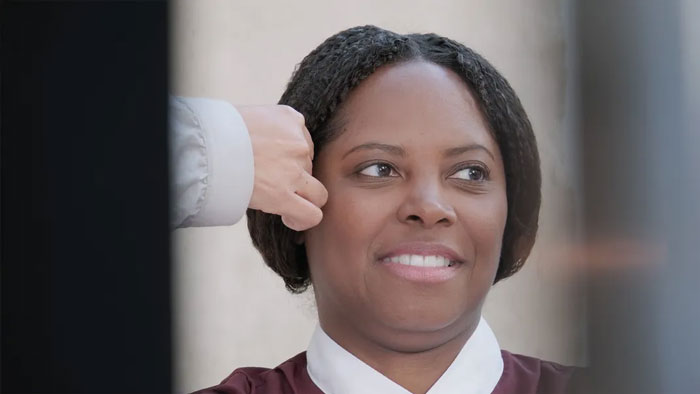
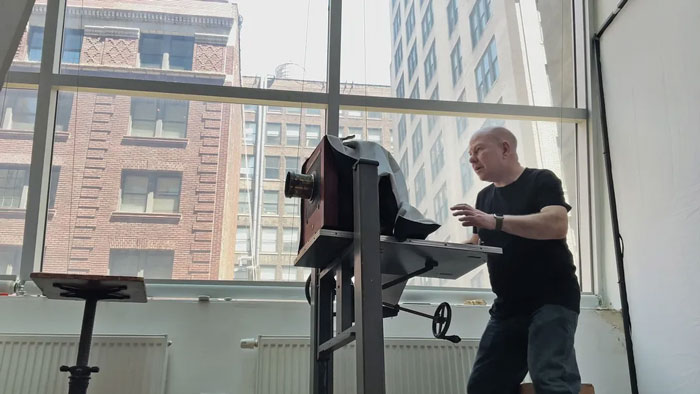
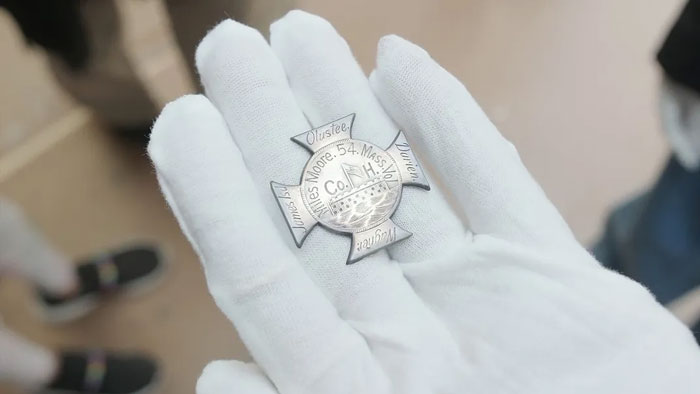
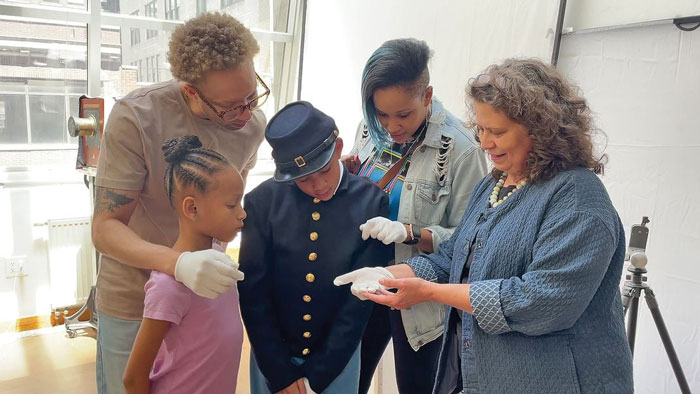
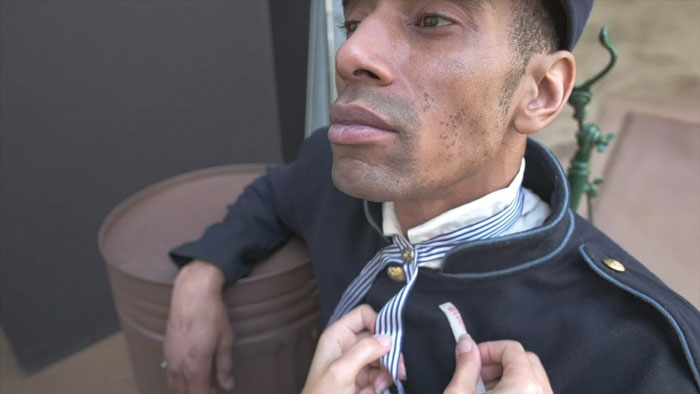














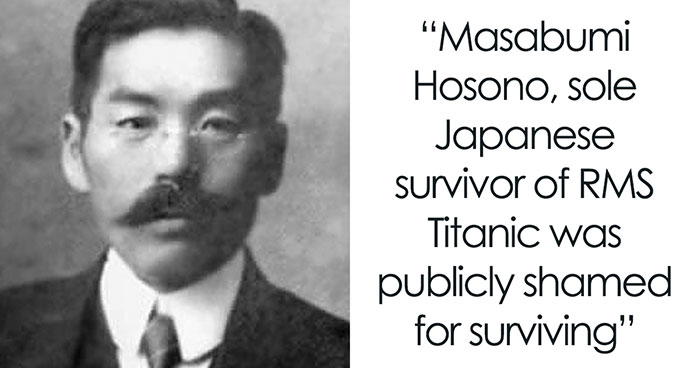






























96
17